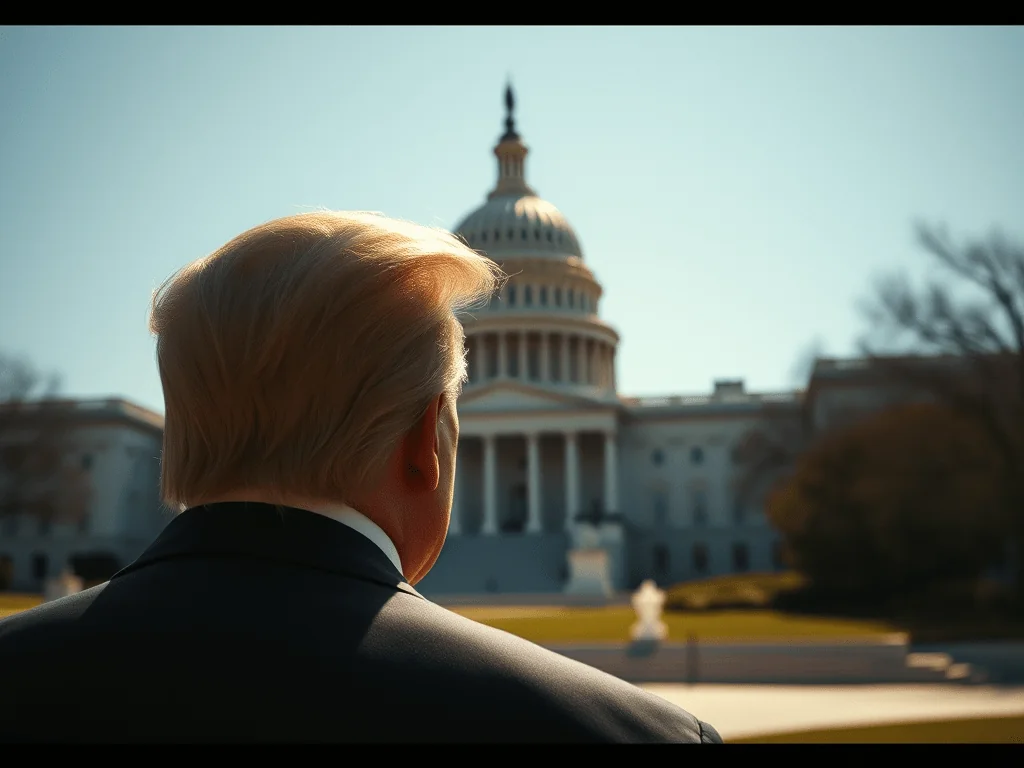In September 2024, former President Donald Trump announced his plan to establish a “government efficiency commission” to audit and reform the federal government. This initiative, proposed during his campaign for a second term, aims to address inefficiencies, reduce wasteful spending, and streamline governmental operations. Trump presented this as a way to tackle fraud and eliminate improper payments, which he claims are costing taxpayers significant sums annually. He projected that these efforts could save trillions of dollars over time.
Overview of the Proposed Commission
Trump’s proposal centers around a commission tasked with conducting a comprehensive audit of the federal government’s finances and performance. He argues that “drastic reforms” are necessary to reduce taxpayer costs and eliminate inefficiencies that burden the system. The commission would be mandated to identify areas where wasteful spending could be cut, improving overall government performance and reducing taxpayer burden. Trump expressed confidence that the commission’s efforts could result in significant cost savings.
Elon Musk’s Role in the Commission
A notable aspect of this proposal is the involvement of Elon Musk, CEO of Tesla and SpaceX. Trump mentioned that Musk had expressed willingness to lead the commission, time permitting. Musk shared his support for the idea, adding that he would accept no pay, title, or formal recognition. His potential leadership of the commission brings a unique angle, as Musk’s experience in streamlining operations within his own companies aligns with the goals Trump has outlined for governmental reform.
Historical Context of Government Efficiency Efforts
Efforts to improve government efficiency are not new. Previous administrations have launched similar initiatives, seeking to streamline federal operations and reduce costs. For example, the Clinton administration established the National Partnership for Reinventing Government, which aimed to make the federal government more responsive and cost-effective. Other commissions have sought to improve the use of data to inform policy, creating structures to support evidence-based policymaking.
Potential Implications of the Commission
The proposed commission could have substantial implications for federal operations. By identifying and addressing inefficiencies, the government could improve service delivery and reduce expenses. However, the commission’s success would rely on factors such as its authority, the cooperation of federal agencies, and the follow-through on its recommendations. Historically, reform initiatives often face challenges in overcoming bureaucratic inertia and institutional resistance to change.
Critiques and Concerns
Critics have raised concerns about potential conflicts of interest, given Musk’s extensive business interests, some of which overlap with federal regulations and contracts. Additionally, questions have been raised about the feasibility of implementing large-scale reforms within the federal government’s complex structure. Previous reform initiatives, while impactful in some areas, have had limited success in achieving widespread change due to resistance and political obstacles.
Summary
Trump’s proposed government efficiency commission, with Musk at its potential helm, represents an ambitious initiative aimed at overhauling federal operations. The focus on increased efficiency and reduced waste has considerable appeal, but the proposal also presents challenges and scrutiny. To succeed, such an endeavor would require careful planning, transparency, and cross-agency collaboration to address the deep-rooted complexities within the federal system.

